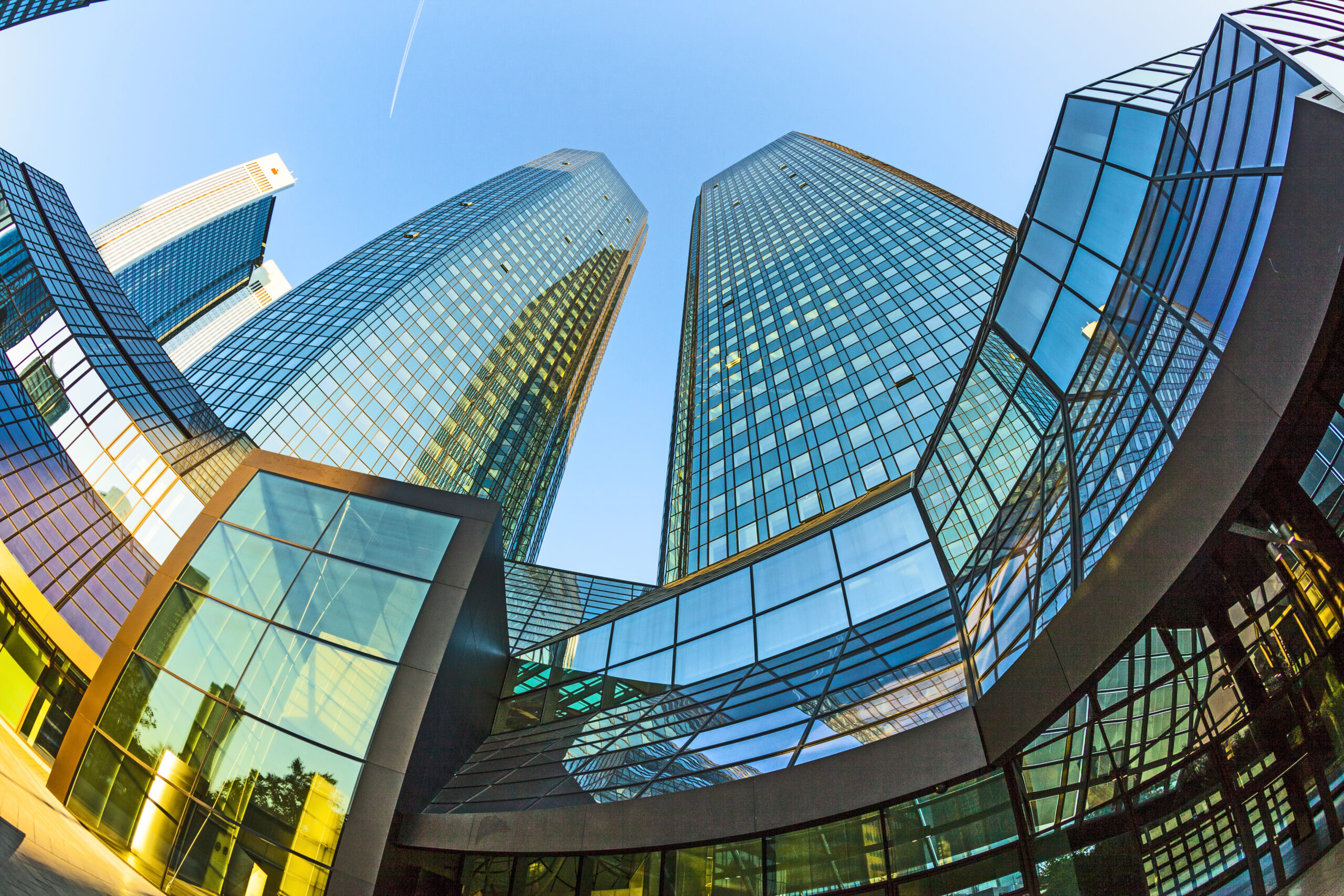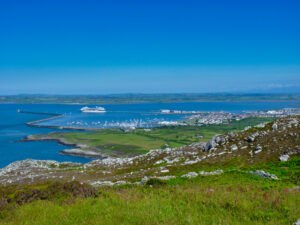Deutsche Bank has set emissions reduction targets for loans to clients in the shipping, coal mining, and cement sectors with 55% of bank´s total financed emissions of the loan portfolio to be covered by a net-zero plan.
Germany is under increasing pressure from policymakers and investors to push clients to curb climate-damaging emissions.
As a result of this, Deutsche Bank today published its initial Transition Plan which consolidates Deutsche Bank’s definitions, methodologies, targets and achievements on its path to net-zero by 2050 in a single publication.
With today’s publication of additional sectoral targets for coal mining, cement and shipping, 55% of the financed emissions in Deutsche Bank’s €107 billion corporate loan portfolio are now covered by net-zero pathways.
Published financed emissions figures totalling 34.4 MtCO2e/y now cover approximately 60% of the bank’s total loan exposure of €489 billion as of 31 December 2022.
The bank outlines additional targets for the three sectors. Specifically, for the coal mining to have a 49% reduction in Scope 3 financed emissions by 2030, and 97% reduction by 2050. In cement to have a 29% reduction in Scope 1 and 2 physical emission intensity by 2030 and 98% reduction by 2050, while in shipping to have a scope 1 scoring of 0% achieved by 2030 and 2050 based on the Poseidon Principles Portfolio Level Alignment Score.
The Transition Plan sets out Deutsche Bank’s three-pronged approach to implementation. This includes financing the development and scale-up of clean energy technologies, engaging with high-emitting clients to support and finance their transition, and steadily phasing out business with not-to-abate industries such as thermal coal, and with clients not willing to align to the bank’s transition pathway.
Christian Sewing, chief executive officer, said: “We are committed to playing our part in fighting climate change, and we want to document transparently where we stand on our path to net-zero.”
“We are convinced that it is imperative for a global bank headquartered in Europe to position itself as a sustainability leader if it is to have lasting success in serving its clients. Decoupling economic growth from CO2 emissions and the extensive use of natural resources will be decisive as our planet’s ecosystem comes close to tipping points.”



